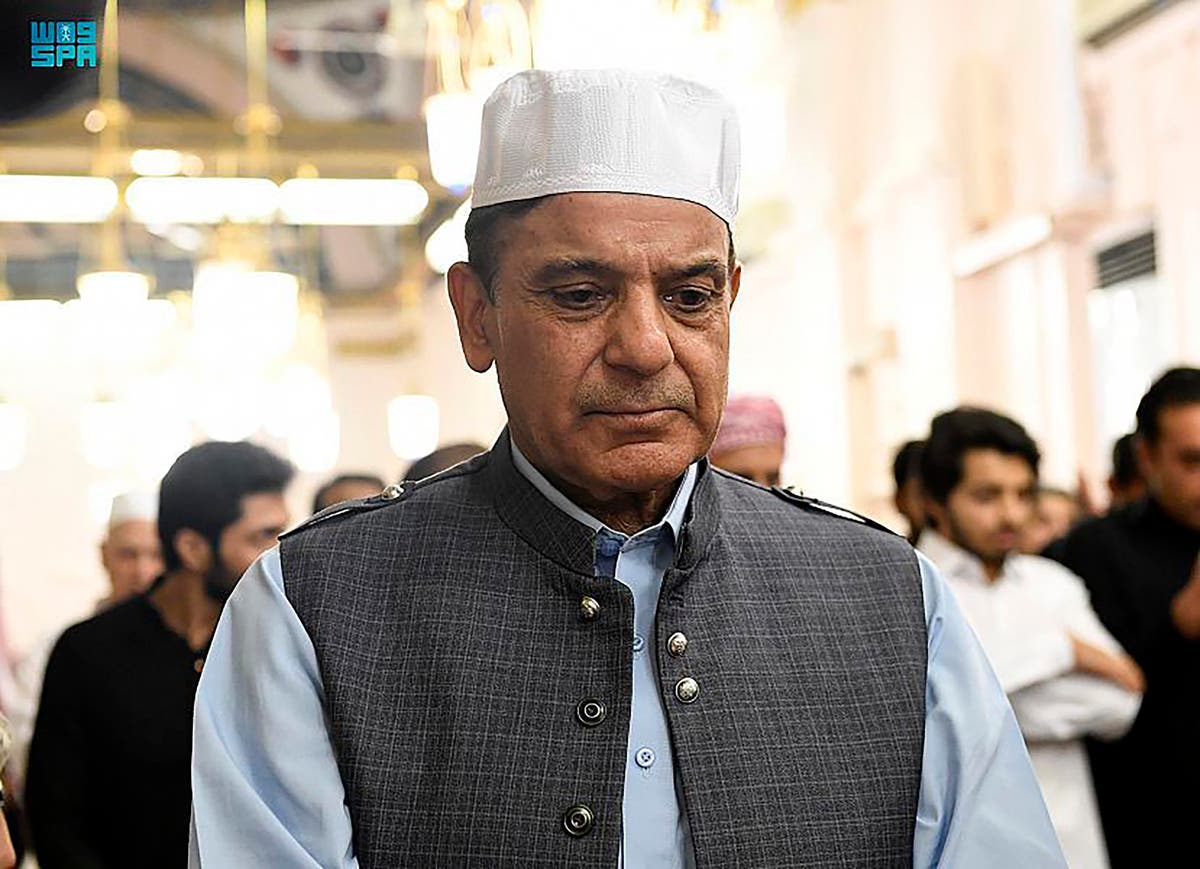
ISLAMABAD:
Speaking at a hurriedly called news conference, Finance Minister Miftah Ismail, who remained on the move between the Ministry of Finance and the Prime Minister Office soon after his return from Doha, said the government had no other option to stop the country from drifting towards a bad situation.
This is the highest-ever increase in the prices of all petroleum products in one go.
An official said this was the first step towards convincing the IMF to release the next tranche at the earliest.
Prices of all petroleum products increased by Rs30 per litre to reduce fuel subsidies
The finance minister said that with the Rs30 jump, ex-depot prices of petrol would increase to Rs179.86 per litre, high-speed diesel (HSD) to Rs174.15, kerosene to Rs155.56 and light diesel oil (LDO) to Rs148.31.
Still, the government would be paying about Rs56.71 per litre subsidy on HSD, Rs37.84 on LDO, Rs21.83 on petrol and Rs17.02 on kerosene.
This was the single biggest ticket item that hampered a staff-level agreement between Pakistan and the IMF in Doha, said an official, indicating some other upcoming adjustments, including electricity tariff. The rest are smaller things and will fall into place, he added.
A top official said the IMF had not only demanded complete withdrawal of subsidy on petroleum products but also the revival of petroleum levy and general sales tax. However, the government explained that such an abrupt shock was unaffordable, both politically and economically, and hence a promise was made for gradual tapering off financial burden on the budget.
Miftah Ismail said the decision of such a price hike was not an easy one for any finance minister or a prime minister, but had become inevitable because of the unreasonable decision by the previous government to freeze prices for months. Now the exchange rate would improve, markets would stabilise, economy would balance out and investors would take the decision positively, he claimed.
He said the government was currently funding fuel prices to the extent of Rs120 billion out of the budget and the poor and the common man were subsidising the rich and industrialists to run luxury vehicles. As a result, consumption of petroleum products has increased by more than 20 per cent.
The minister conceded that the IMF had refused for a bailout without the withdrawal of fuel and electricity subsidies, but said discussions with the Fund were very positive and the latest decision would further lead towards positive outcomes. “I can assure you that hopefully we will achieve a staff-level agreement” with the IMF, he said without giving dates.
Mr Ismail said there was not much difference in Pakistan’s and IMF’s projections for the next year budget. He said the prime minister would soon unveil a package to protect the poor from the petroleum price hike that was unavoidable because of the agreements signed by the previous government. Under those agreements, the prices should have gone up to Rs268-305 per litre for various products.
The minister conceded the hike in POL (petroleum products) prices would increase inflation but the other route was to let the exchange rate deteriorate and this would have also increased inflation with other consequences as well. He said the government took a considered decision to increase prices and would standby it because the choice was between the political interest of the party and that of the state.
“This will cost us political capital but interest of the state was supreme and the government is ready to sacrifice political costs; we cannot let the country to drift towards default,” he said.
Miftah Ismail said the IMF and the Pakistani team discussed significant slippages in the current fiscal year, caused in part by the fuel subsidies given in February 2022. The two sides also discussed targets for the fiscal year 2023 in light of high inflation, declining forex reserves and a large current account deficit and agreed upon the need to have a tight monetary policy and consolidate fiscal position.
The “government is committed to reducing the budget deficit in fiscal year 2023”, he said, adding that the government was also committed to reviving the IMF programme and putting Pakistan back on a sustainable growth path.
The finance ministry in a statement said the IMF expressed concern over the fiscal and current account situation arising from government’s actions, especially electricity and fuel subsidies, and other slippages and the two sides identified areas of divergence and corrections required in the current account and fiscal deficit.






